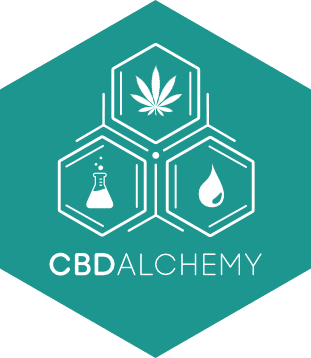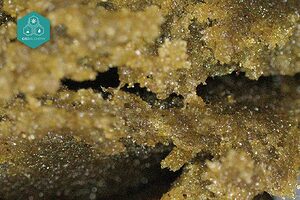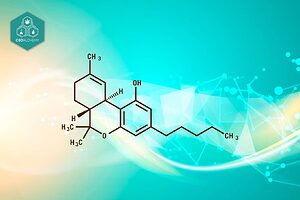- Key Points
- Introduction to CBC
- Therapeutic Properties of CBC
- CBC and Mental Health
- Dermatological Applications of CBC
- CBC vs CBD and THC: Comparative Analysis
- Legal Framework for CBC
- CBC-Rich Cannabis Strains
- Safety and Side Effects
- Scientific studies and references
- Conclusions and Future Perspectives
- Summary
- Frequently Asked Questions
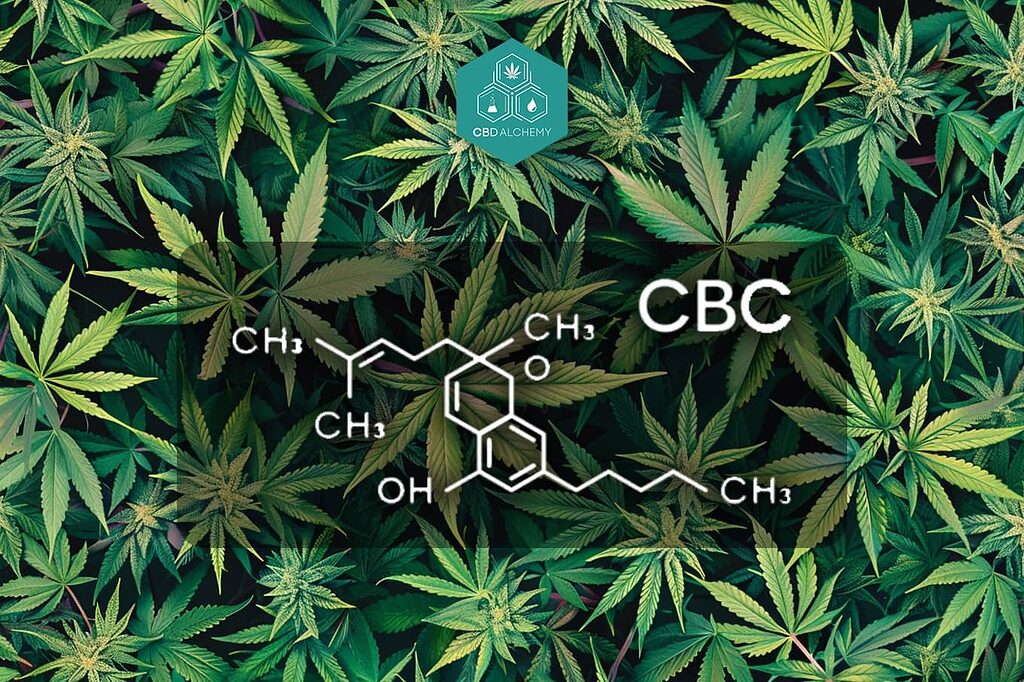
CBC, or cannabichromene, is a major cannabinoid from the Cannabis sativa plant that is noted for its therapeutic properties without psychoactive effects. This article discusses its benefits in cbc medicine, including its anti-inflammatory and analgesic effects.
Key Points
- Cannabichromene (CBC) is a non-psychoactive cannabinoid with therapeutic properties that include anti-inflammatory, analgesic, and antitumor effects.
- CBC can regulate mood and offers potential as a treatment for depression and anxiety, presenting a favorable safety profile compared to conventional treatments.
- The legal status of CBC varies globally and its research continues to advance, which could facilitate its therapeutic use and the creation of cannabis-derived products in the future.
Introduction to CBC
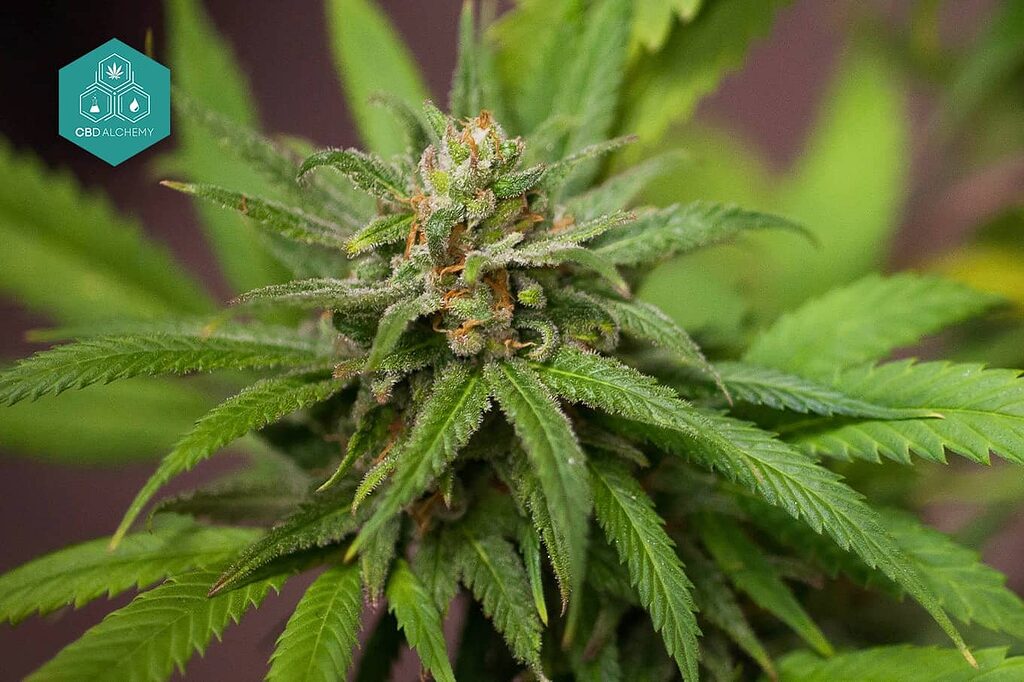
Cannabichromene, or CBC, is one of the many cannabinoids produced by the plant Cannabis sativa L. Discovered in the 1960s, CBC has been the subject of diverse research due to its unique therapeutic properties.
Unlike THC, which is known for its psychoactive effects, and CBD, popular for its therapeutic benefits without inducing a “high,” CBC does not alter perception. This makes it an attractive option for those seeking relief without the side effects associated with other cannabinoids.
The Cannabis sativa plant produces a variety of isoprenylated resorcinylated polypeptides known as phytocannabinoids, whose biogenetically hybrid structure results from the convergence of the mevalonate and polypeptide metabolic pathways. This complex biology underscores the diversity and therapeutic potential of these compounds.
Therapeutic Properties of CBC
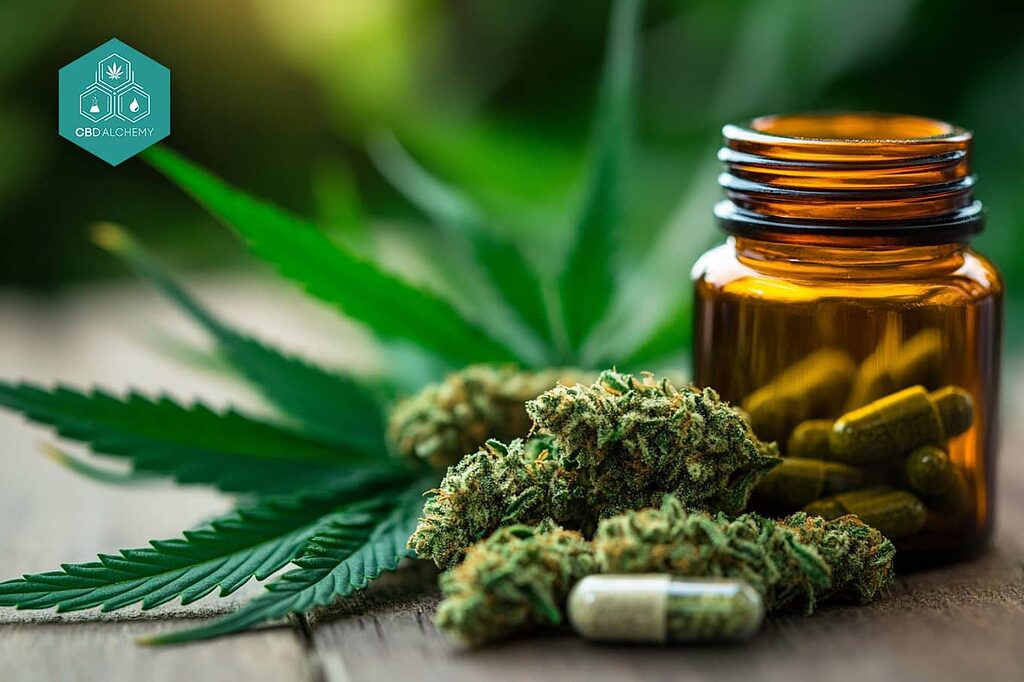
CBC is a non-psychoactive cannabinoid, which means that it does not alter perception, unlike THC. However, its therapeutic properties are wide and varied. For example, CBC has shown potential in the management of skin conditions due to its ability to inhibit inflammatory responses and regulate cell proliferation.
In addition, studies indicate that CBC may have a synergistic effect when combined with other natural extracts, enhancing their therapeutic properties. This ability to work in conjunction with other substances makes it an ideal candidate for multifaceted treatments.
CBC can also influence cancer-related gene expression, altering the aggressiveness of tumor cells. Its antimicrobial potential has been demonstrated by inhibiting the growth of certain bacteria, opening the door to applications in anti-infective medicine.
Anti-inflammatory action
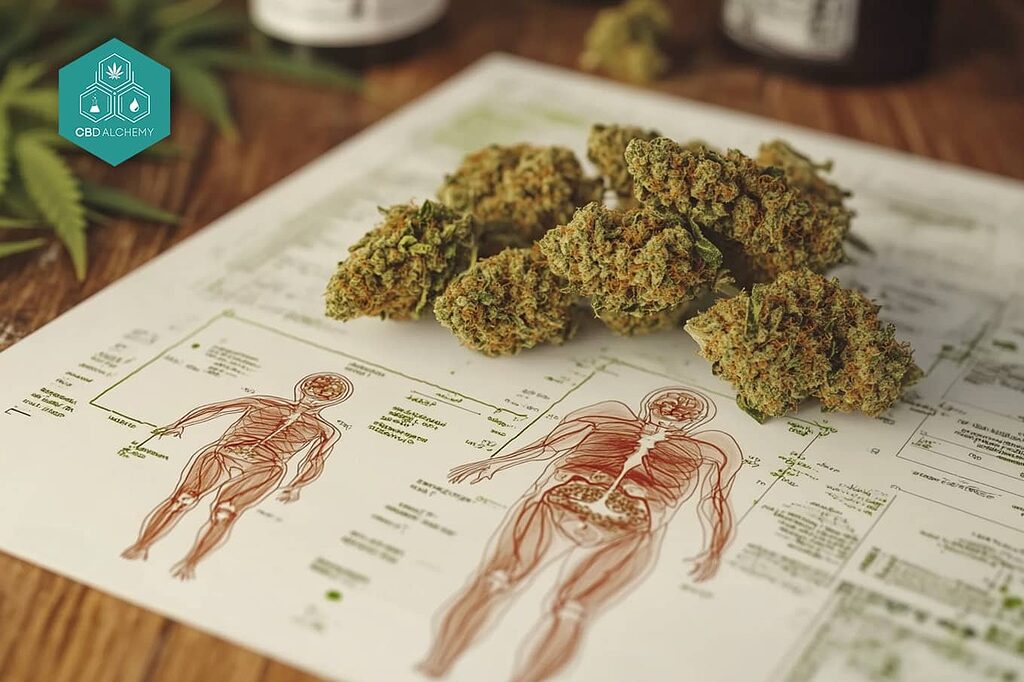
CBC exerts its anti-inflammatory action through several mechanisms, including inhibition of arachidonic acid, a key mediator of inflammation. This multifaceted approach allows CBC to be effective in a variety of inflammatory diseases, offering significant relief without the side effects of traditional anti-inflammatory drugs.
Compared to conventional anti-inflammatories, CBC presents a safer and more natural alternative. The potential applications of CBC in inflammatory diseases are vast, ranging from arthritis to inflammatory bowel diseases. This versatility makes it a valuable tool in modern medicine.
Analgesic Effects
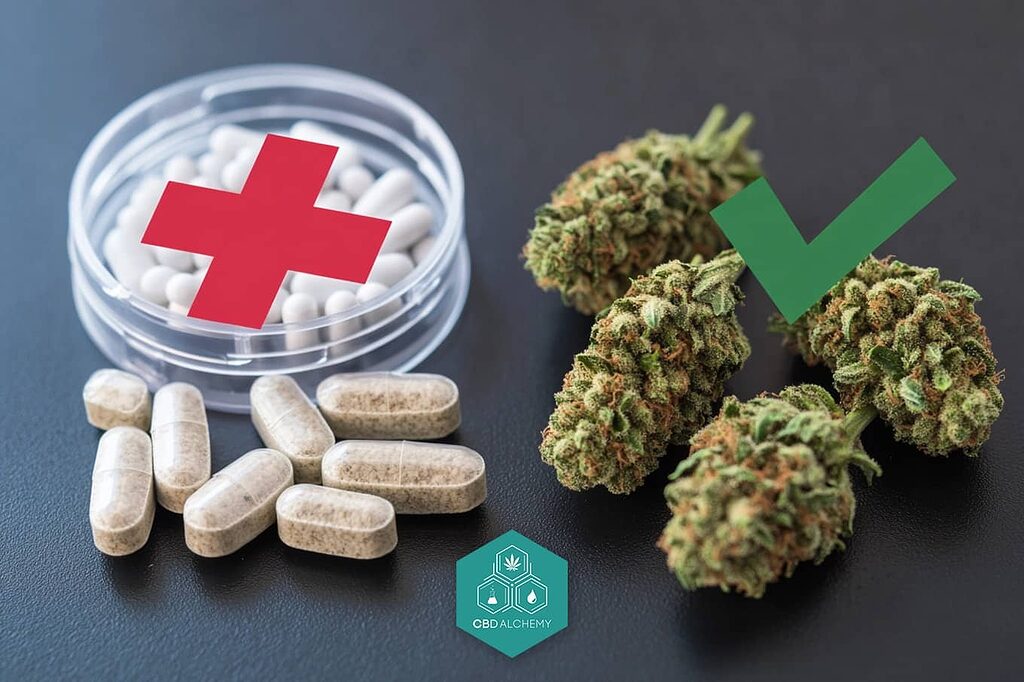
CBC’s ability to interact with the endocannabinoid system is crucial to its analgesic effect. By binding to specific receptors in the body, CBC can modulate pain perception, offering relief to patients suffering from various painful conditions.
Studies have shown that CBC is effective in pain management, comparing favorably with conventional analgesics. This efficacy, combined with a more benign side effect profile, makes CBC a promising option for those seeking alternatives to opioids and other traditional analgesics.
In addition, CBC offers advantages over conventional analgesics, such as reducing the risk of dependence and side effects associated with prolonged medication use. This is particularly relevant in the treatment of chronic diseases where pain management is a constant challenge.
Antitumor Potential
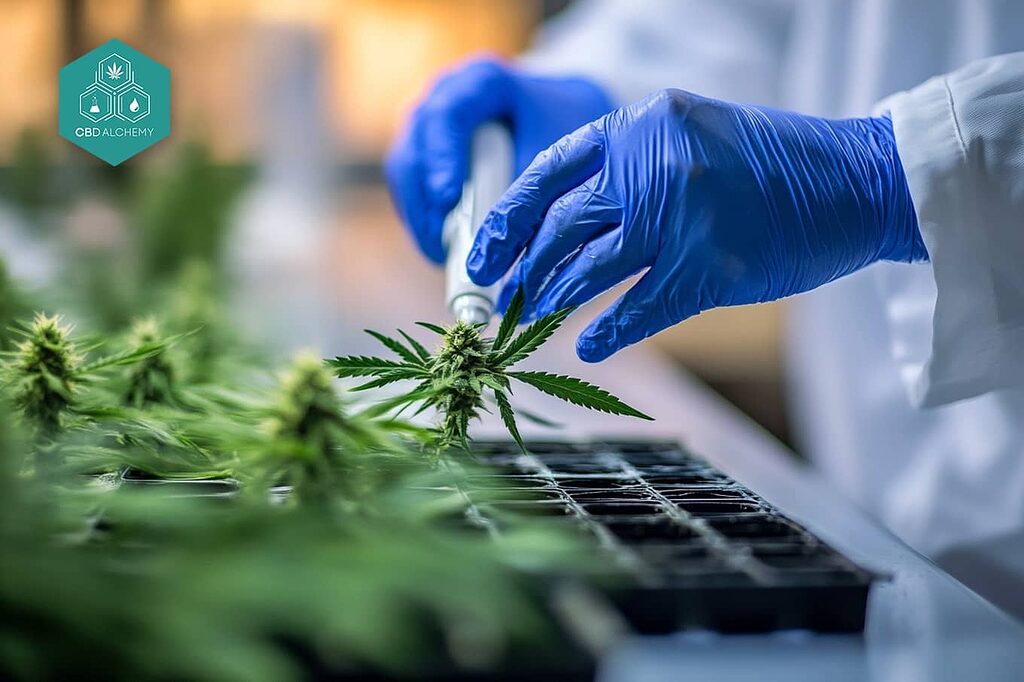
CBC has been the subject of several investigations for its antitumor potential. Studies have shown that CBC can induce apoptosis in cancer cells, reducing their viability and potentially slowing cancer progression.
The mechanisms of action of CBC in oncology include altering gene expression related to tumor growth and cell proliferation. These actions underscore the potential of CBC as a complementary treatment in the fight against cancer.
Future prospects for the use of CBC as an antitumor treatment are promising. Research continues to explore new ways to use CBC to improve outcomes in cancer patients, offering hope for more effective and less invasive therapies.
CBC and Mental Health

CBC exhibits the ability to regulate mood, making it potentially useful as an antidepressant and anxiolytic for those suffering from depression and anxiety. This property makes it a valuable option in the mental health field.
In addition, CBC possesses neuroprotective properties that may help protect brain cells. This opens up opportunities for the treatment of neurodegenerative diseases, providing a novel approach in neurological medicine.
Preliminary studies have begun to explore the efficacy of CBC in the management of stress and anxiety symptoms. These studies suggest that the study of CBC could become an important tool for improving the quality of life for those suffering from mental disorders.
Treatment of Depression
CBC positively influences neurogenesis, the process of forming new neurons in the brain. This effect is crucial to its potential as a treatment for depression, as neurogenesis is associated with improvements in mood and cognitive function.
Compared to traditional antidepressants, CBC offers an alternative with fewer side effects and a more favorable safety profile. In addition, its potential as an adjunctive therapy opens up new possibilities for personalized treatments for depression.
Anxiety Management

The anxiolytic effects of CBC are remarkable, offering relief from anxiety without the side effects of traditional treatments. This feature makes it attractive to those seeking natural and less invasive options.
CBC has significant advantages over other treatments for anxiety, including a more benign safety profile and less risk of dependence. In addition, different forms of administration and dosage forms are being explored to optimize its benefits.
Dermatological Applications of CBC

CBC has shown potential in the treatment of skin conditions such as psoriasis, eczema and acne, due to its anti-inflammatory and antioxidant properties. These characteristics make it an ideal candidate for addressing skin problems.
The endocannabinoid system plays a crucial role in skin health, regulating immune responses and maintaining cellular functions. Cannabinoids such as CBC can influence this system, improving skin health and offering relief from a variety of dermatological conditions.
Studies suggest that cannabinoid treatments may offer personalized solutions for dermatological diseases by targeting the unique characteristics of each condition. This opens up new possibilities for more effective and targeted treatments.
CBC and Acne
CBC acts on sebum production, one of the main factors in the development of acne. By regulating this production, CBC can help reduce the appearance of breakouts and improve overall skin health.
Compared to conventional acne treatments, CBC offers a more natural alternative with fewer side effects. Proper usage protocols can maximize the benefits of CBC, offering expected results in reducing acne.
Other Skin Conditions
CBC also shows potential in the treatment of other skin conditions such as psoriasis and dermatitis. Ongoing clinical studies are further exploring these benefits, providing a solid foundation for future applications.
Topical and systemic formulations of CBC are being developed to maximize its efficacy in the treatment of skin diseases. These formulations offer new opportunities to improve dermatological health in a comprehensive manner.
CBC vs CBD and THC: Comparative Analysis
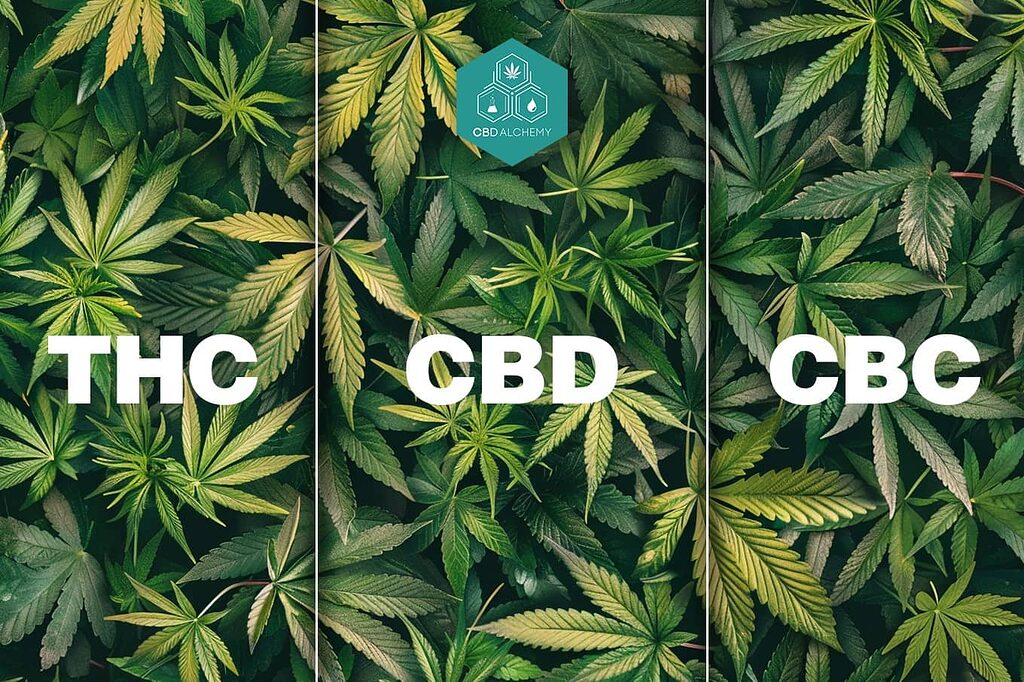
Comparing the pharmacological profiles of CBC, CBD and THC, notable differences in their therapeutic effects and applications stand out. While THC is psychoactive and CBD is not, CBC offers unique benefits without altering perception.
CBC, CBD and THC, as well as thc and cbd, can act synergistically, enhancing their therapeutic effects through the entourage effect. This synergy underscores the importance of considering these cannabinoids as part of a comprehensive approach to cannabinoid medicine.
Legal Framework for CBC
The legal status of CBC varies internationally, with some regions allowing its use and others still in the process of regulation. In Spain and the European Union, CBC legislation is evolving, with an increasing focus on research and development of cannabis-derived products.
As science continues to reveal the benefits of CBC, it is likely that laws will be adapted to facilitate its therapeutic use in society. This could open up new opportunities for more accessible and effective treatments worldwide.
CBC-Rich Cannabis Strains

There are landrace strains of cannabis with high CBC content, which have been traditionally cultivated in certain regions. In addition, strains specifically selected for their high CBC content are available on the commercial market.
To maximize CBC production, cultivation methods must be carefully managed, including specific fertilization and light practices. These methods not only increase the concentration of CBC, but also ensure the quality and purity of the final product.
Safety and Side Effects
The safety profile of CBC, based on clinical studies, shows that it is well tolerated with few side effects. However, it is important to consider possible drug-drug interactions, especially for those taking other treatments.
Precautions and contraindications should be observed when using CBC, ensuring that it is used safely and effectively. Consultation with healthcare professionals is essential to avoid any complications.
Scientific studies and references
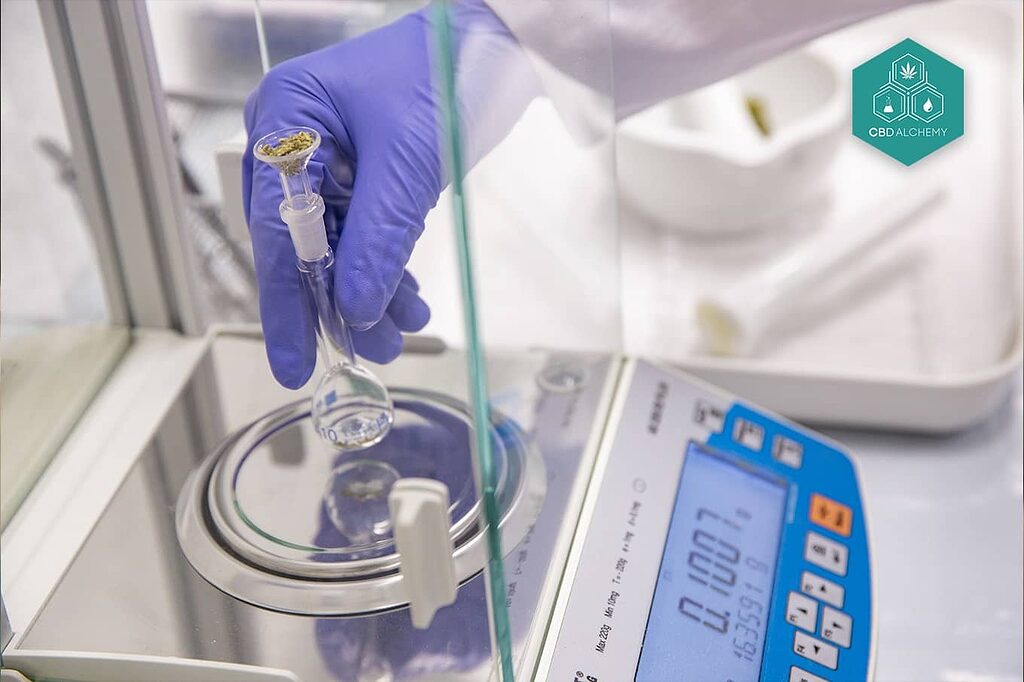
Several scientific studies have been instrumental in understanding the therapeutic potential of CBC. For example, Izzo et al. (2009) discussed the therapeutic opportunities of non-psychoactive cannabinoids, including CBC. De Petrocellis et al. (2011) explored the effects of cannabinoids on endocannabinoid metabolic enzymes, providing insight into their mechanisms of action.
Other studies, such as Maione et al. (2011), investigated the antinociceptive effects of non-psychoactive cannabinoids in animal models. These investigations continue to expand our knowledge of CBC and its potential applications.
Conclusions and Future Perspectives
CBC offers a range of therapeutic benefits, including:
- Anti-inflammatory properties
- Analgesic properties
- Potential applications in oncology
- Potential applications in mental health
These properties position it as a valuable component in cannabinoid medicine.
Promising areas of research include the use of CBC in neurodegenerative and dermatological diseases. Experts in the field continue to explore new applications of CBC, with the goal of integrating this phytocannabinoid into future medical treatments.
Summary
In summary, cannabichromene (CBC) is emerging as a cannabinoid with significant therapeutic potential. From its impact on inflammation and pain to its applications in mental health and dermatology, CBC is proving to be a versatile and promising tool.
Looking to the future, CBC could play a crucial role in the development of new medical treatments, offering natural and effective alternatives to traditional drugs. Continued research and evolving laws will allow its potential to be fully realized.
Frequently Asked Questions
What is cannabichromene (CBC)?
Cannabichromene (CBC) is a non-psychoactive cannabinoid derived from the Cannabis sativa L. plant, recognized for its therapeutic benefits. Its potential use in medicine makes it relevant in the study of innovative treatments.
How does CBC compare with THC and CBD?
CBC differs from THC in that it is non-psychoactive, as is CBD, but possesses unique therapeutic properties that make it stand out from CBD.
What are the therapeutic properties of CBC?
CBC possesses anti-inflammatory, analgesic and anti-tumor properties, as well as positive effects on mental and dermatological health. These characteristics make it a valuable compound for various therapeutic applications.
Is CBC safe to use?
Yes, CBC is generally safe and well tolerated, but it is crucial to consult a healthcare professional about possible drug interactions.
What is the legal status of CBC?
CBC (cannabichromene) generally has a similar legal status to CBD (cannabidiol) in many countries, including Spain and the European Union. However, it is important to note a few key points:
General legality: CBC is legal worldwide under the current legal framework. It is not listed as a banned substance by the UN, which reinforces its legality in many countries.
Country variation: The legal status of CBC can vary considerably between countries. Some allow medicinal and recreational use, while others restrict or prohibit it.
Regulation in the EU: In the European Union, hemp-derived CBC (with less than 0.2% THC) is generally considered legal, similar to CBD.
Status in Spain: In Spain, CBC, like CBD, is legal as long as it is derived from industrial hemp and does not contain significant levels of THC.
Prescription: In many places, a medical prescription is required to purchase products containing CBC.
Constant changes: CBC laws can vary from state to state and are constantly changing, which is important to consider.
It is crucial to note that while there is a trend toward greater acceptance of non-psychoactive cannabinoids such as CBC for therapeutic use, specific regulation may vary.
